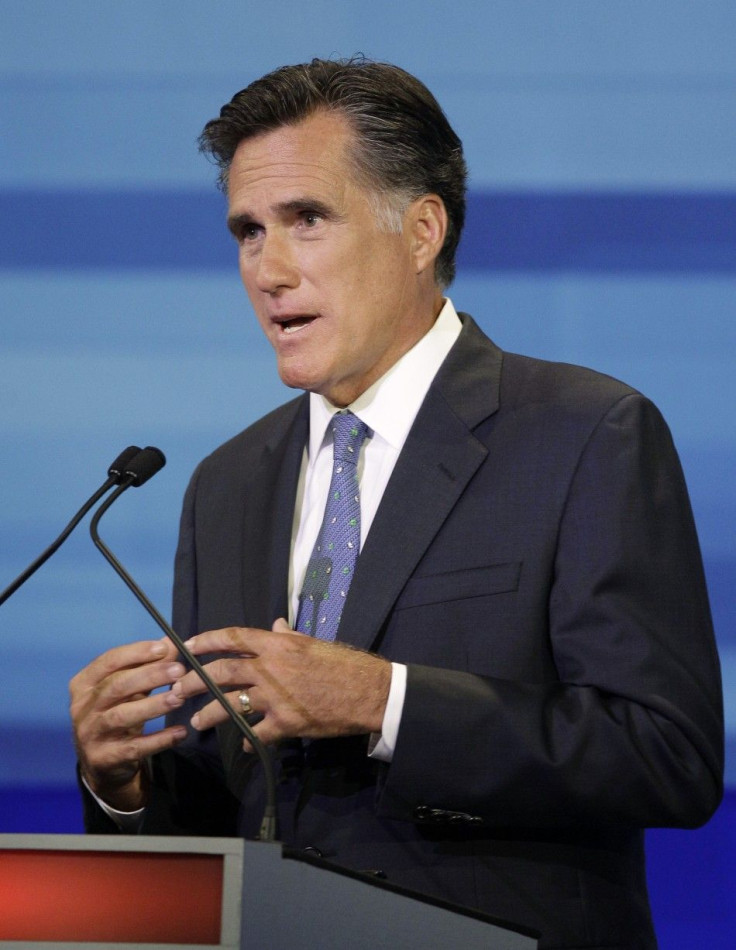Mitt Romney 2012: Can He Win Without the Tea Party?

Rick Perry's swift rise to the top of the Republican presidential field, and Mitt Romney's attendant relegation to second place status, suggests that the ability to win over Tea Party voters could make or break Romney's nomination hopes.
The Tea Party is not a monolith with any sort of centralized structure or consistent set of beliefs, but the term can be used to describe a certain type of voter: fixated on cutting spending, suspicious of the federal government, and virulently opposed to President Barack Obama. Perry embodies these beliefs, something encapsulated in his candidacy-declaring promise to make Washington, D.C. as inconsequential in your lives as I can, and polls underscore that his rapid ascent has been fueled by the support of voters who support the Tea Party movement.
Romney, on the other hand, is persona non grata for many of the Tea Party hawks. He is frequently denounced for presiding over Massachusetts adopting universal healthcare, an expansion of government that is anathema for Tea Partiers. That antipathy will be on display this weekend, when several Tea Party groups plan to protest Romney's speech at a stop on the Tea Party Express' national Reclaiming America bus tour New Hampshire. In a sign of the fractures running through the Tea Party, prominent Tea Party group FreedomWorks dropped out of the tour to protest Romney being given a platform from which to speak.
Mitt Romney and Orrin Hatch have actively and consistently supported expanding the role of government through government-run health care, Wall Street bailouts and spending hikes. Those positions are unacceptable to the tea party principles of lower taxes, less government and more freedom, Matt Kibbe, president of FreedomWorks, said in a press release. For these reasons, we have decided to end our participation in the Reclaiming America tour.
Tea Party Factions Disagree on Romney
There is still considerable disagreement on Romney between different Tea Party factions. While FreedomWorks has made stymying Romney one of its central goals for 2012, Tea Party Express chairwoman Amy Kremer told Fox News that the Republican nominee will have to have the support of the Tea Party movement, the entire Tea Party movement, even if it is Romney.
Such internal discord makes it difficult to predict how things will play out. But it is clear that the Tea Party, once dismissed as a fleeting reactionary movement, has acquired enough political clout to push the Republican Party rightward, at least on Capitol Hill. During the debt ceiling negotiations, a miniature rebellion by the Tea Party faction scuttled several deals, backed by Republican leadership, that would have included new tax revenue or did not cut deeply enough.
How much the Tea Party's goals resonate with the general electorate remains unclear. Polls showed that moderate voters, the key to any presidential election, for the most part disapproved of the Tea Party's budget brinkmanship. But Romney might not make it that far. The Tea Party has already shown its prowess in mobilizing grassroots support, and a strong primary turnout -- particularly in Tea Party friendly, early voting states like Iowa -- could torpedo Romney's candidacy before he gets a chance to appeal to the, on average, more-moderate voters in a general election.
© Copyright IBTimes 2025. All rights reserved.





















